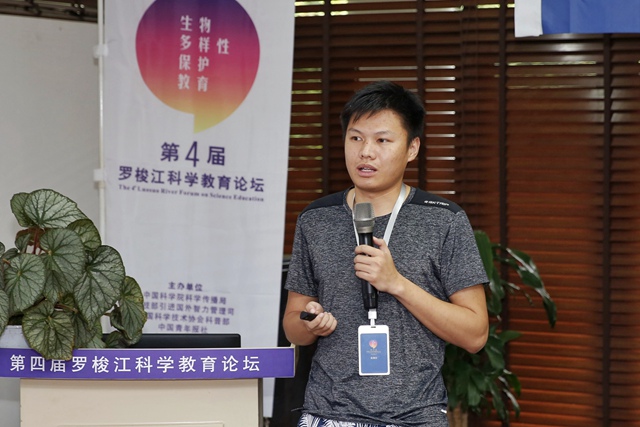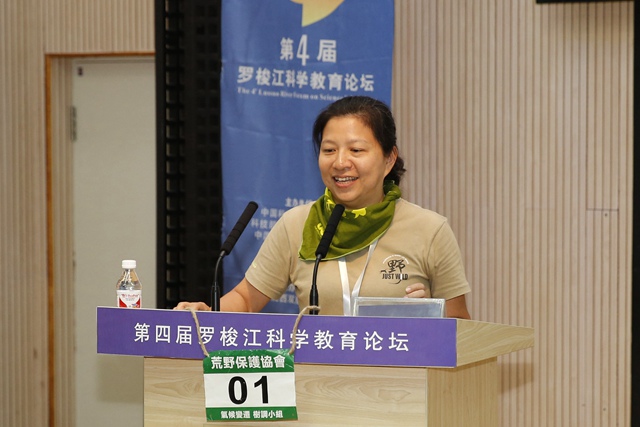Conserving biodiversity is a common social duty of the public. Citizen science (i.e. the involvement of the public in scientific research) is an important way to promote biodiversity conservation. Therefore, a national platform for citizen science is called to be established to carry out biodiversity conservation education and protect the precious biological diversity for human beings.
The proposal was released from the fourth Luosuo River Forum on Science Education at Xishuangbanna Tropical Botanical Garden (XTBG) on July 23-24.
At the education forum, 160 representatives from different organizations and professions realized that it needs wise integration of theory and practice for biodiversity conservation education. Citizen science is the practice of public participation and collaboration in scientific research to increase scientific knowledge, and is an important way to improve public scientific and environmental literacy.
They proposed to enhance top-tier design and establish a national platform for citizen science, to encourage the involvement of the public in scientific research – whether community-driven research or global investigations.
The participants also proposed to further standardize the market of educational excursions.
Scientists at the forum called for considering developing a biodiversity inventory of species (plants and animals) in the estates of universities, so as to make university an ideal place for cultivating environmental literacy.
Botanical gardens, museums, and other educational departments are called to strengthen functions in biodiversity conservation education.
New technological means and media platforms are also expected to be used in biodiversity conservation and science communication, so as to speed up the progress of citizen science in China.

Xu Zhoufeng of KIB introduces Biotracks program

Ms. Lin Junlan from Taiwan introduces an environmental education case on climate change.

Participants discuss ways of biodiversity conservation education

Participants pose a group photo.




